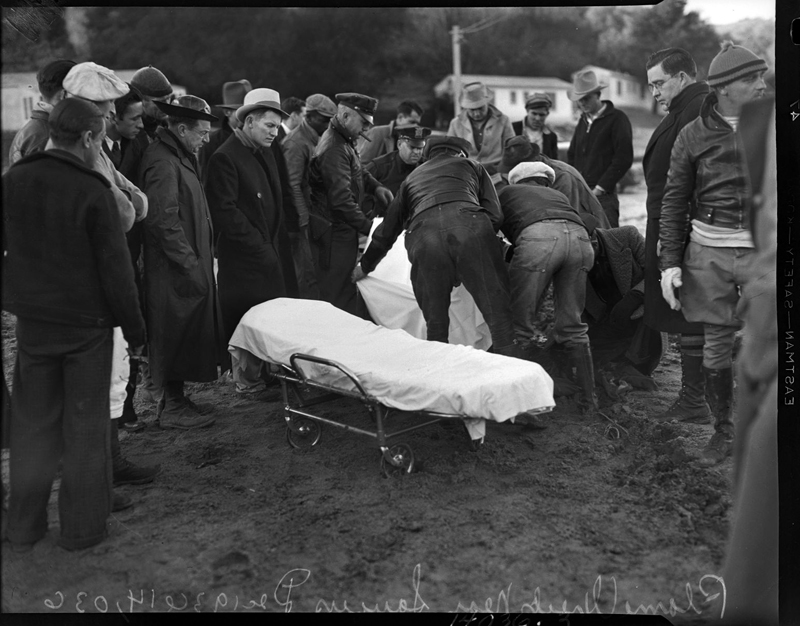Just as people plan for retirement, the California Highway Patrol (CHP) urges them to plan for changing needs and abilities in their driving as they age. The CHP joins the American Occupational Therapy Association to recognize December 5-9 as Older Driver Safety Awareness Week.
The ability to drive safely can be affected by physical, emotional, and mental conditions. If family and friends discuss potential changes before they become an issue, older drivers can be involved in the planning. Proactive, early planning is essential for continued independence and safety on the road.
“As we age, most people want to maintain their independence, and that usually means driving,” CHP Commissioner Joe Farrow said. “Discussing how long it is safe to continue driving may be difficult for family and friends, but it is important.”
Drivers aged 65 and older made up about 15 percent of the licensed drivers in California in 2014. Data from the CHP’s Statewide Integrated Traffic Records System show seniors were involved in 10 percent of the fatal collisions and 8.5 percent of the injury collisions in the state. Of the 4,299 fatal collisions recorded in California in 2014, slightly more than 10 percent, or 444, involved drivers age 65 and older.
The CHP encourages drivers to consider their transportation options as they age. Ride-sharing and ride-hailing services present more alternatives than ever before for people who no longer drive.
As part of the CHP’s efforts to help California’s seniors drive safely for as long as they can, the CHP offers a two-hour Age Well, Drive Smart course. Through this program, seniors can tune up their driving skills, refresh their knowledge of the rules of the road, and learn how to adjust to normal age-related physical and mental changes. Information about the free classes is available from Area CHP offices or at www.chp.ca.gov.
Like this:
Like Loading...
Related





 Tweet This
Tweet This Facebook
Facebook Digg This
Digg This Bookmark
Bookmark Stumble
Stumble RSS
RSS




























REAL NAMES ONLY: All posters must use their real individual or business name. This applies equally to Twitter account holders who use a nickname.
2 Comments
Too bad that organizations such as AARP and AAA who advocate specialized training for senior drivers don’t offer more than just mental training. With all the simulator capabilities available today, one would think that someone would offer the opportunity for seniors to get an evaluation in a simulator, which besides training would provide a clincher to help them determine if it is time to hang up the keys to the family car.
While I agree that aging affects driving abilities, the statistics shown seem to indicate that drivers over age 65 pose less of a driving risk than the younger 85%.
If this is “new math”, it doesn’t work. If 15% of drivers are involved in 10% of fatal collisions and 8.5% of injury related collisions, than we (I’m 73) are much safer than you young whippersnappers ;)
“The ability to drive safely can be affected by physical, emotional, and mental conditions”
Once again, I agree. However, I don’t frequently see seniors driving with blasting radios, cell phones attached to their ears or dancing around in the drivers seat or worse, texting. Additionally, illicit drug use is highest among drivers between 18 and 25.